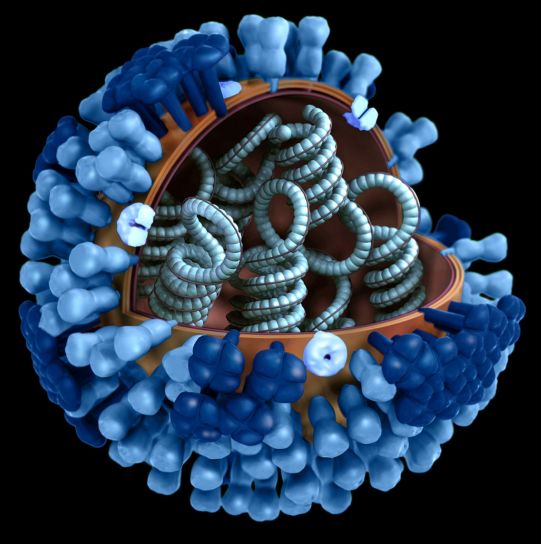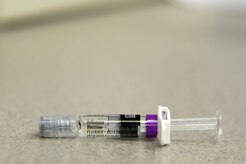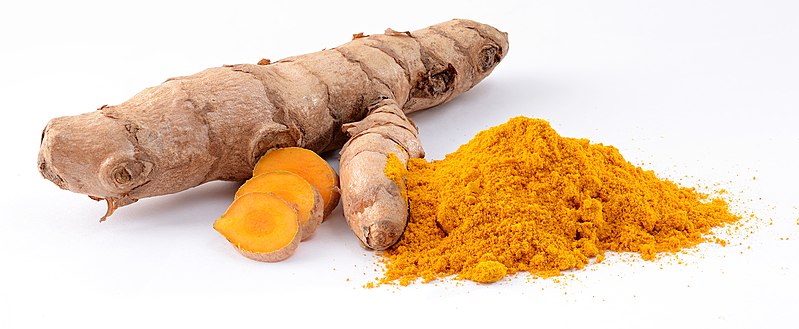Is Coffee Really Healthy?
As an avid
coffee lover, devourer and addict, I get asked at least four times a year ‘I
bet you are glad about that news about coffee’. Each time I, roll my eyes;
it seems like there is a new health claim every other month when it comes to coffee, which
always seems to hit the press with a tonne of bricks. Recently, another paper
was published showing a positive trend between health outcomes in association
with coffee consumption. Me being the sceptic that I am; I have read a few bad
papers on this and never really paid any mind to it since. I don’t tell people
its not good for you and nor do I tell them it is good for you; so, what is the
verdict?
Coffee is
derived from beans and roasted; inducing 1000+ chemically active compounds, one
of which is the infamous caffeine. A few years ago I read an article on The Business Insider that had the subtitle: This is what you just put in your mug:
Cocaine-like brain chemicals and the juice of death. I didn’t know where to
begin in tearing down that article, so I just left it. Anyway, along with
caffeine, we have an array of biologically active compounds, including
anti-inflammatory, anti-oxidants and even chemicals with anti-cancer
properties. Brilliant, that must mean that it cures cancers and ailments? Not
so fast – you know it doesn’t work like that. Roasting, brewing, temperature
and origin of the coffee determines what ends up in your cup as you drink. As
always, your body will absorb what it absorbs, meaning that genetic differences influence the components of coffee (and anything really) that are absorbed.
‘Coffee Consumption and Health: A Umbrella Review of Meta-Analyses of Multiple Health outcomes’ was published in the Biomedical Journal and is, as it states, an
umbrella review. You will have heard me hail reviews before (and correctly so),
but an umbrella review is a systematic review summary. That is; a review of
reviews. When we get to the point of reviewing reviews, we are at a point to
make claims based on scientific evidence. This study analyses all the evidence
between coffee (not just caffeine) and any associated health (or adverse
health) outcomes. The study analyses 201 meta-analyses with 67 health outcomes
and 17 meta-analysis with nine unique outcomes. This study is available on open
access. The results of the analysis show that coffee consumption has some
affect on liver disease association. However, as this is based on observational
studies – correlation in this case, cannot equal causation. There is also the
story of relative v.s. absolute risk. This is something I have discussed and demonstrated before
in an earlier blog. Absolute risk is the risk of a disease developing and
relative is the comparison from two groups of people.
How much should I have?
 A recent
meta-analysis (also noted in the above study) showed that three cups a day
showed a lower risk of heart disease than non-drinkers. However, they stated
that more coffee wasn’t exactly beneficial, stating that the coffee became less
beneficial at higher intake as it had a reduced relative risk (0.83 when
compared to no coffee consumption with three cups a day). A lower incidence of
cancer was also observed in higher consumption of coffee, but again, very low
and almost negligible in observational results. The effects on liver were
probably the most pronounced of this study. They demonstrate that overall there
is a reduced risk of fatty liver disease, cirrhosis and fibrosis than those who
didn’t drink coffee.
A recent
meta-analysis (also noted in the above study) showed that three cups a day
showed a lower risk of heart disease than non-drinkers. However, they stated
that more coffee wasn’t exactly beneficial, stating that the coffee became less
beneficial at higher intake as it had a reduced relative risk (0.83 when
compared to no coffee consumption with three cups a day). A lower incidence of
cancer was also observed in higher consumption of coffee, but again, very low
and almost negligible in observational results. The effects on liver were
probably the most pronounced of this study. They demonstrate that overall there
is a reduced risk of fatty liver disease, cirrhosis and fibrosis than those who
didn’t drink coffee.
“Most of this
evidence comes from observational research that provides only low or very low quality
evidence. Beneficial associations between coffee consumption and liver outcomes
(fibrosis, cirrhosis, chronic liver disease, and liver cancer) have relatively
large and consistent effect sizes compared with other outcomes”
Is it better?
Possibly not and we can definitely not say for sure. What we can derive from
this study is that consumption of coffee is generally safe. I have heard people
not to drink it as they think it’s bad for you and tea has so much more
medicinal properties. Am I saying ditch the tea and take up coffee to prevent
liver disease and cancer? Of course not. This study demonstrates that the
observational benefits are only slight and may not even be incurred due to
coffee consumption. Studies like this are hard to interpret and extract overly
valuable information from.
 |
| Source: Winterbluemusic |
So, to conclude: if you drink coffee, maybe stick to
round 3 a day and you may be doing
something good for yourself, and if you are working in/reading/hearing this within the media,
let’s not overplay it. And maybe not take the pie chart picture too literally.






